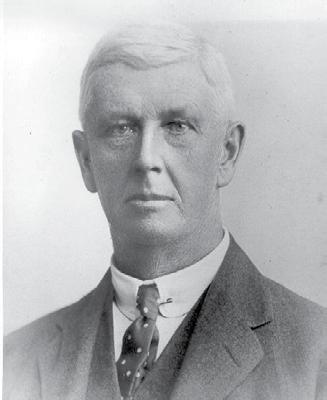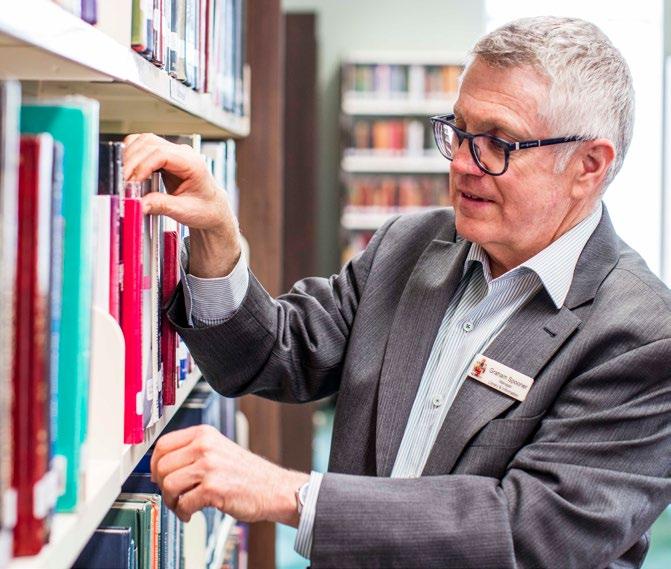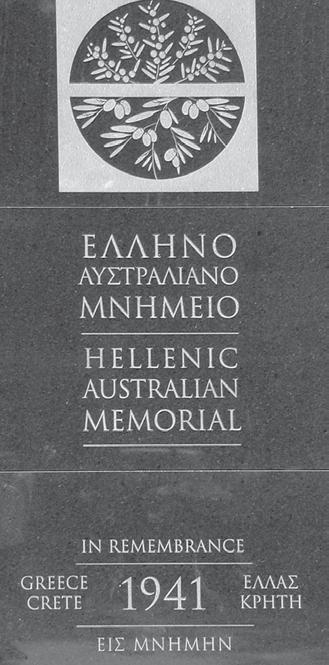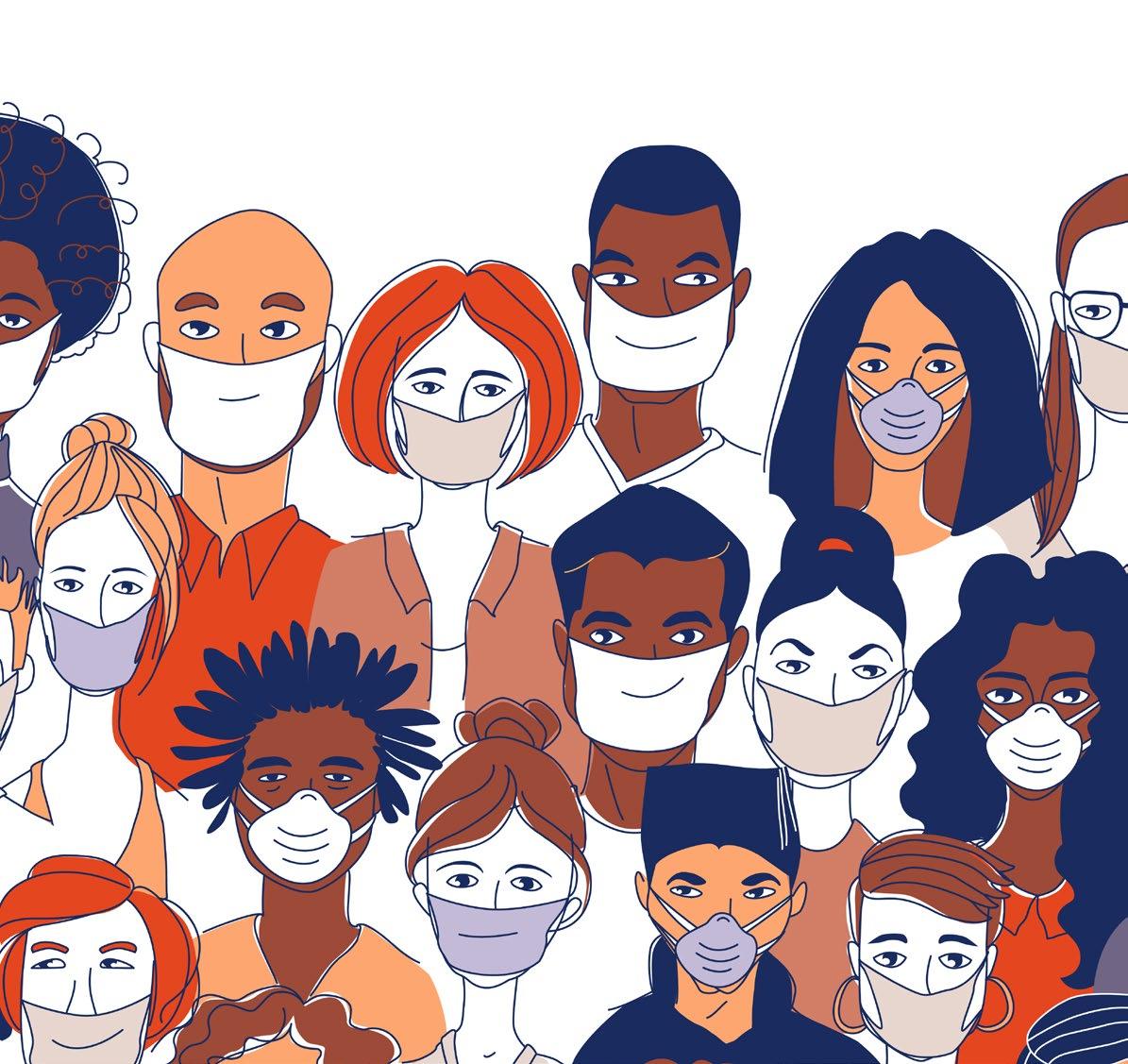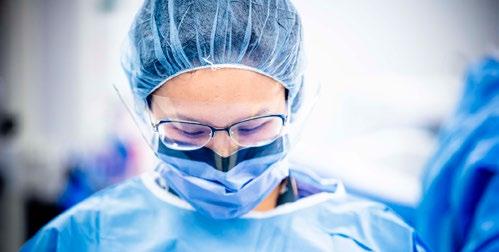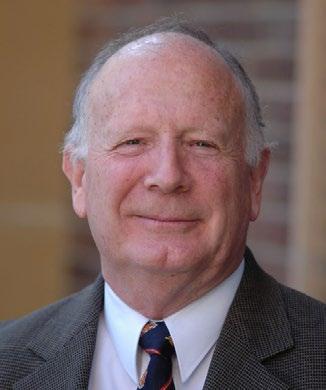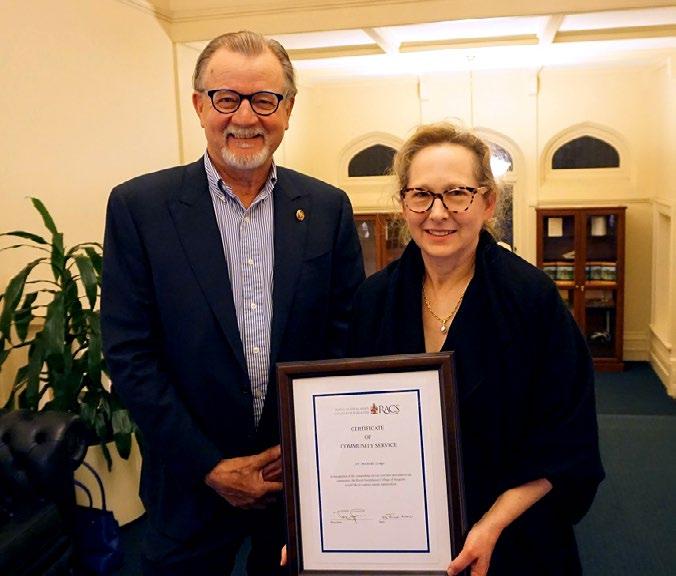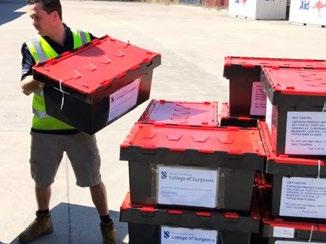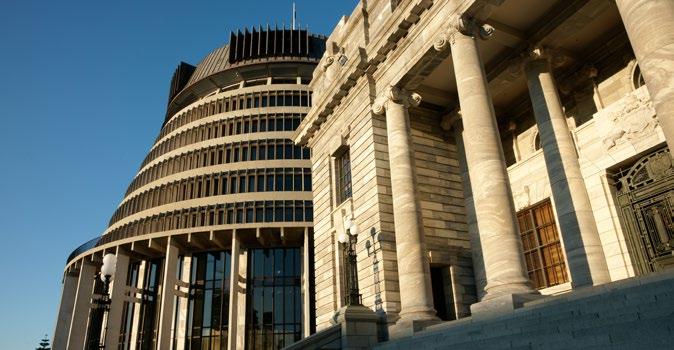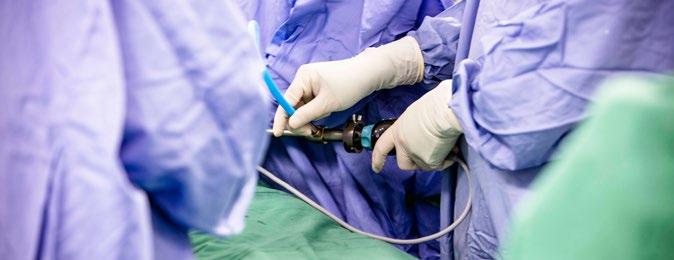Surgical News | Volume 21 | Issue 05
Act 2008, has not only resulted in a reduction of emissions, but strategies implemented are currently saving $160 million per year. There is still much more for the College to do, and I will continue to keep you updated on our progress. I encourage anyone who would like to know more about our work in this area, or who would like to become involved, to contact the College’s Advocacy team at racs.advocacy@surgeons.org. We are particularly interested in local strategies that have reduced the impact on the environment. The ‘new normal’ has become somewhat of a catchphrase throughout the pandemic. I am hopeful that when we finally emerge on the other side, our new normal will involve greener industries, cleaner energy and reduced waste. I am excited to see how we as a College can contribute to this. Professor David Fletcher FRACS Chair Surgical Directors Section Past chair Professional Development
Fellows value telehealth Before the pandemic only 11 per cent of Fellows utilised telehealth regularly, but with its rapid uptake since March a significant majority see its value, with more than 87 per cent saying they would consider continuing to use it once social distancing restrictions are eased. More than 93 per cent of surgery patients are satisfied with the quality of their telehealth consultations, and more than 97 per cent agree that their surgeon was able to answer their questions clearly and satisfactorily. These point-in-time statistics come from two ongoing surveys of Australiabased surgeons and surgery patients that, at the time of writing, have more than 600 and 700 respondents, respectively. The survey project is being
driven by the Sustainability in Health Care Working Group, which made it a priority at its first meeting in June this year, and is being jointly developed with researchers at Hunter New England Local Health District. In addition, RACS’ research team, RAAS-ASERNIPS, is looking at the findings of previous Australian and international studies of telehealth. The working group decided to undertake this project as we believe that the data gathered, as well as being useful to discussions around telehealth in clinical practice, has the potential to be persuasive with Australian governments as they consider funding arrangements for telehealth beyond the pandemic. RACS has already engaged with various levels of government in relation to this work and we will continue to do so in coming months as the data is analysed. The working group plans to take a similar strategic approach – combining rigorous evidence with targeted government engagement over the long-term – to all its priority advocacy issues. For example, a similar approach is being taken in relation to protecting the title of ‘surgeon’, an issue that the working group has also made an advocacy priority. Last November, the Council of Australian Governments Health Council agreed to a process to decide which medical professionals should be permitted to use the title ‘surgeon’. Under the auspices of the working group, RACS staff are monitoring this process closely, engaging with government, and coordinating with speciality societies and state committees in order to ensure the position we put to government is strong and evidencebased. As Chair of the working group I have also taken the lead in RACS’ engagement with the Australian National COVID-19 Clinical Evidence Taskforce. Following internal consultation, I was recently nominated as the RACS representative on the taskforce’s Guidelines Leadership Group and its Steering Committee. The Taskforce plays a key role in Australia’s
COVID-19 response, undertaking continuous evidence surveillance to identify and rapidly synthesise emerging research in order to provide national, evidence-based guidelines for the clinical care of people with COVID-19. A RACS voice on the taskforce will be a valuable two-way conduit for evidence relating to the management of COVID-19 patients relevant to surgeons. It has only been a few months, but I genuinely believe that the model of an active group of Fellows with a dedicated focus on strategic policy and advocacy is already showing its value.
Professor Mark Frydenberg AM MBBS FRACS GAICD Chair Sustainability in Healthcare Working Group Chair Research & Academic Surgery
11

